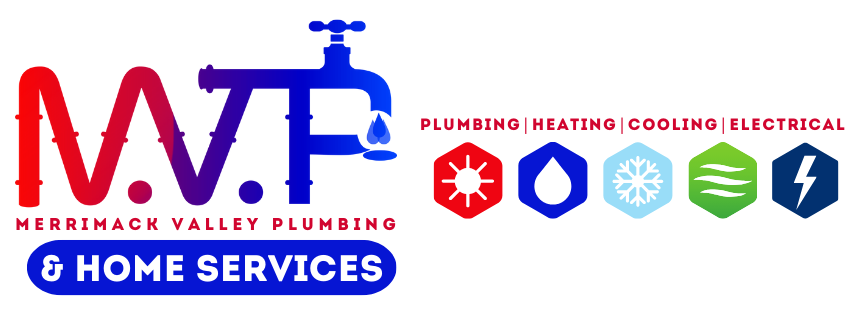Hard Water Issues That Water Softening Treatment May Resolve
When water contains high levels of calcium, magnesium, or other minerals, it is considered to be hard water. This water may be running through your pipes and out of the faucets in your home, and you might be experiencing different problems that are often caused by hard water.
If you have hard water, water softening treatments can help reduce your water's mineral content and resolve or prevent the following issues.
Water Flow Disruptions
The flow of water coming from your faucets may become gradually weaker, and this problem is often caused by minerals in hard water that leave deposit buildups inside pipes. If these deposits continue to grow, they could eventually obstruct water flow entirely. Water softening treatment can help keep your pipes clear so that you won't have to pay extra to have the blockages removed.
Pipe Damage
Hard water contains more of the electrolytes that can damage pipes. Electrically charged atoms, which are known as ions, can wear away pipe metal because of a process known as galvanic corrosion. If the corrosion leaves cracks and holes in your pipes, water could leak through and cause major water damage.
Water Spots
You'll have a tougher time getting a spot-free shine on your dishes if you wash them in hard water. The higher mineral content in this water often leaves spots on dishes and windows that come into contact with the water. Hard water can also leave spots on other glass and ceramic surfaces in your home. You can get your surfaces spotless again with water softening treatment from a reputable plumbing service.
Cleaning Difficulties
In addition to water spots, hard water can leave film on surfaces. Even after you've cleaned your home, you may still notice this film if your water is hard and leaving calcium deposits on surfaces. Hard water can also cause more soap scum to form.
Along with cleaning your home, you might have more challenges with maintaining good personal hygiene if you're washing yourself in hard water. You'll likely notice that your hair and skin don't feel as clean if you shower or bathe in hard water as opposed to softer water that has fewer minerals. You could even develop skin dryness and irritation as a result of hard water.
Clothing Damage
Hard water can stain and wear fabrics, both in clothing and other household items. Your clothes may start to look yellow, grey, or otherwise dingy if you continue to wash them in hard water. Your clothes might start to feel stiff and lose their softness if you expose them to hard water regularly. Hard water can also weaken fibers and wear out clothing, sheets, and other fabrics that you wash faster.
Shorter Appliance Lifespan
If you want your dishwasher, clothes washer, and other household appliances that use water to last longer, you should get your water softened if testing reveals that your water is hard. The mineral deposits that are often left by hard water can damage appliances, and you might not realize the problem until your appliances no longer work. Your water heater may even get damaged by hard water.
Bad Water Taste
The high mineral concentration in hard water can give the water a foul taste. You may be forced to start drinking bottled water if you leave your hard water untreated and continue to drink it. By minimizing the mineral buildup in your water with water softening treatment, you can enjoy fresh-tasting water again.
Hard water can be a menace that also causes problems that impact the functioning of your home. If you need to have your hard water treated, contact Merrimack Valley Plumbing LLC to learn about your water softening treatment and schedule service.






